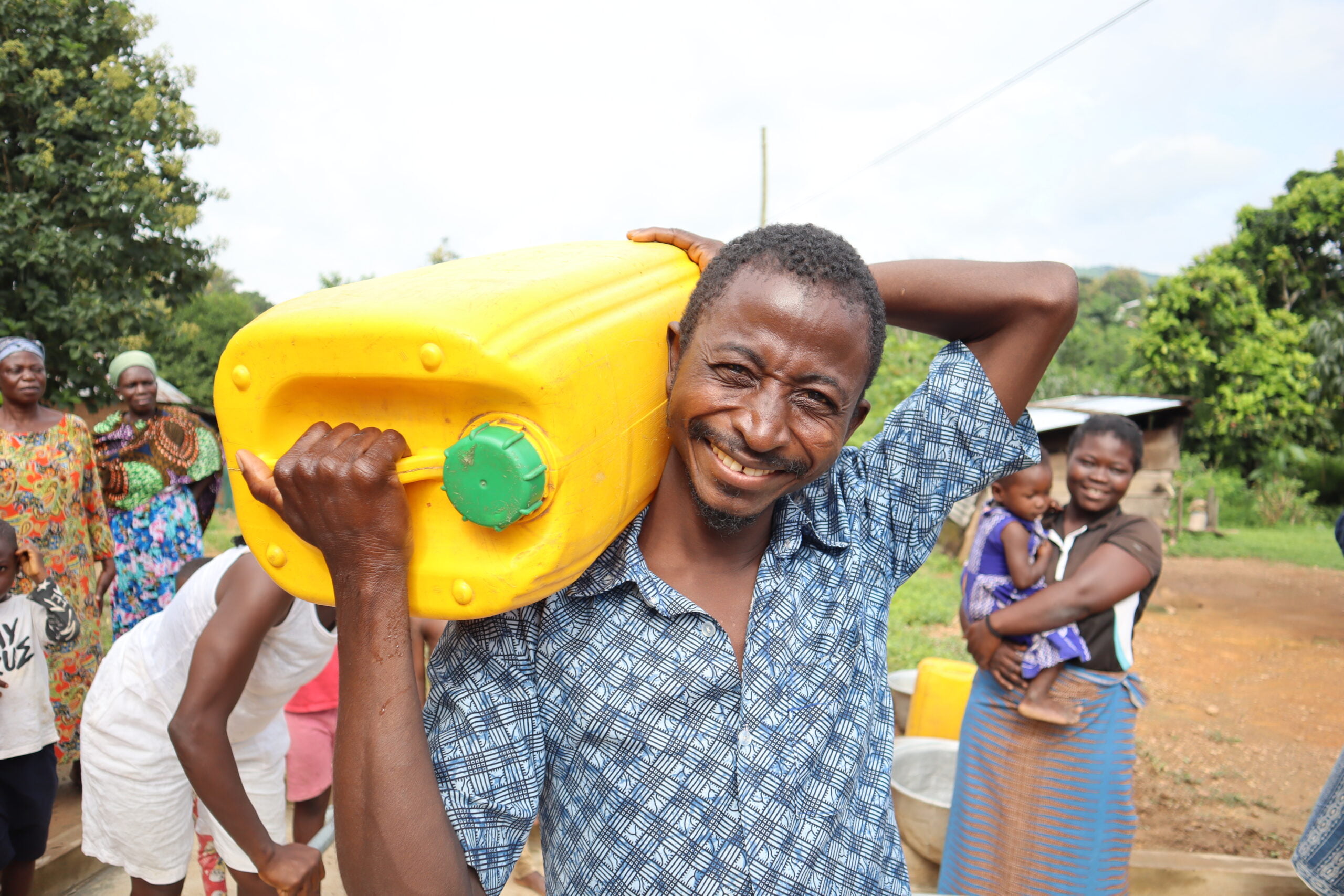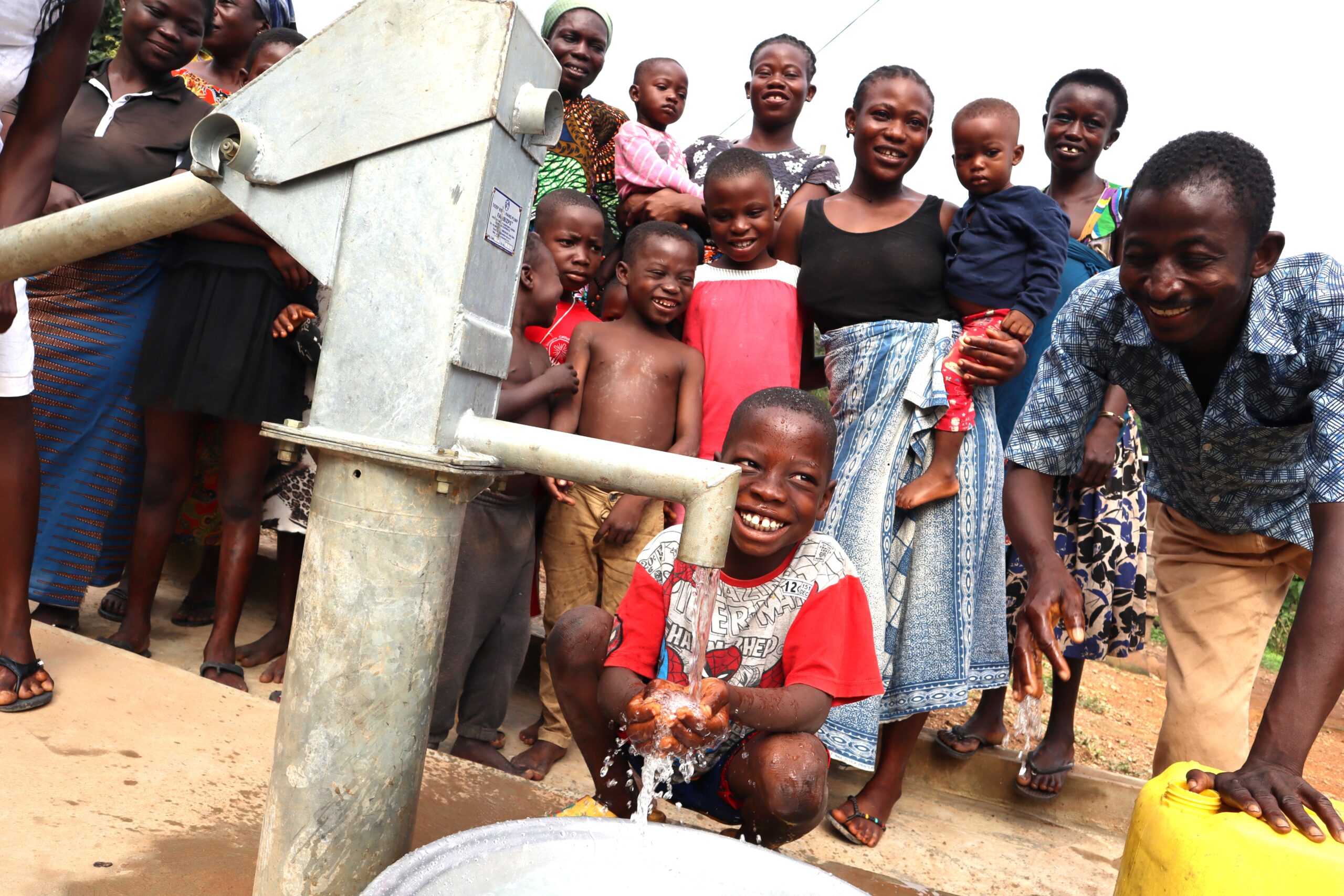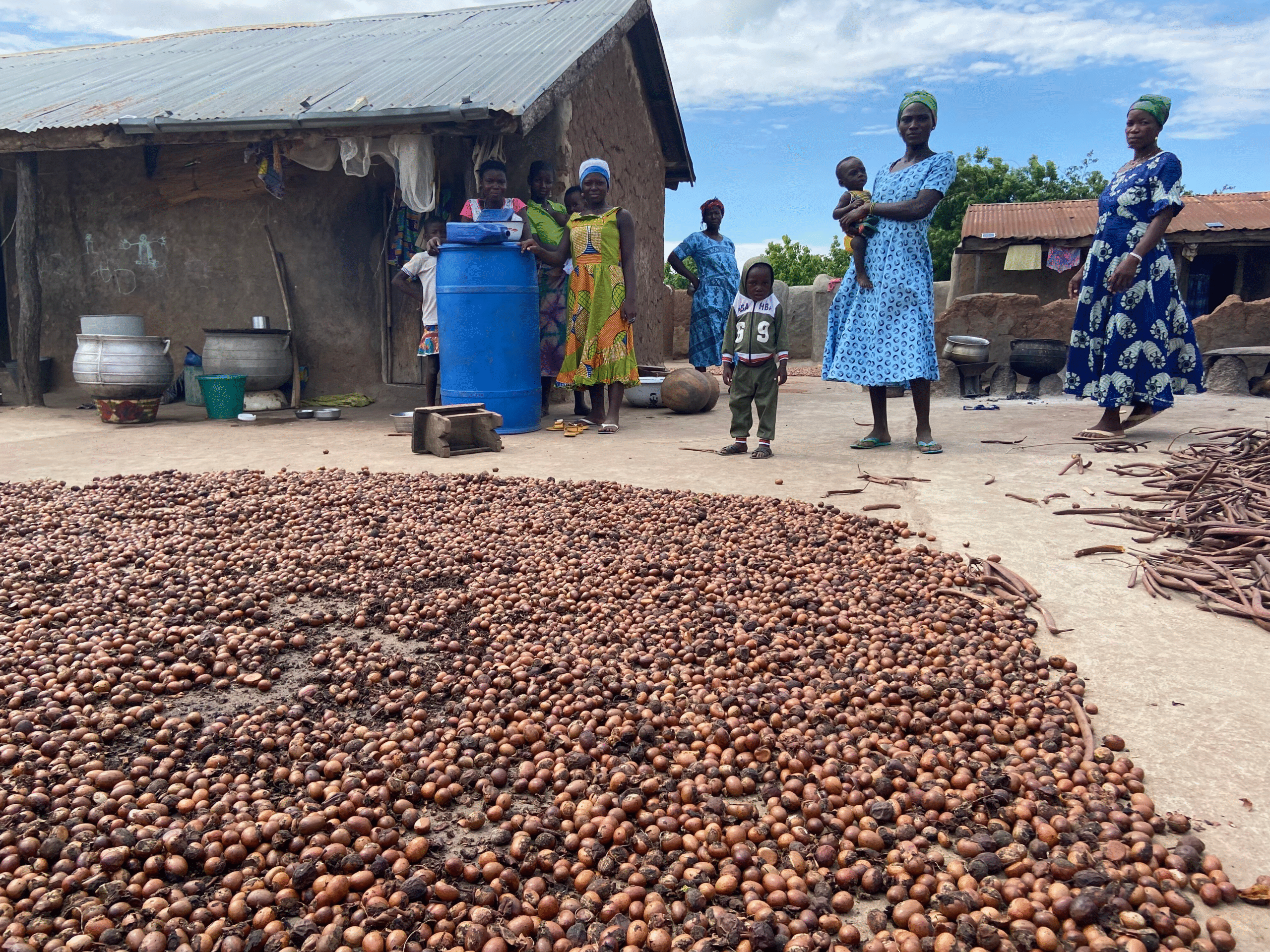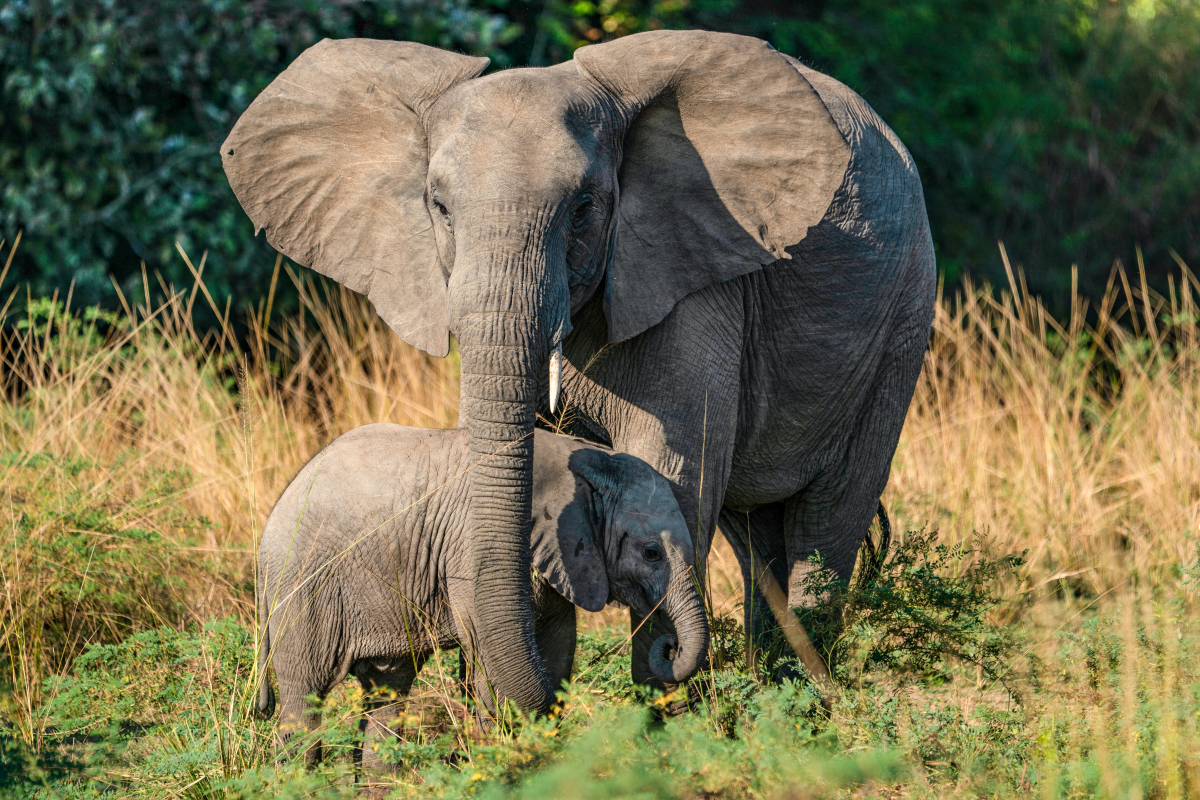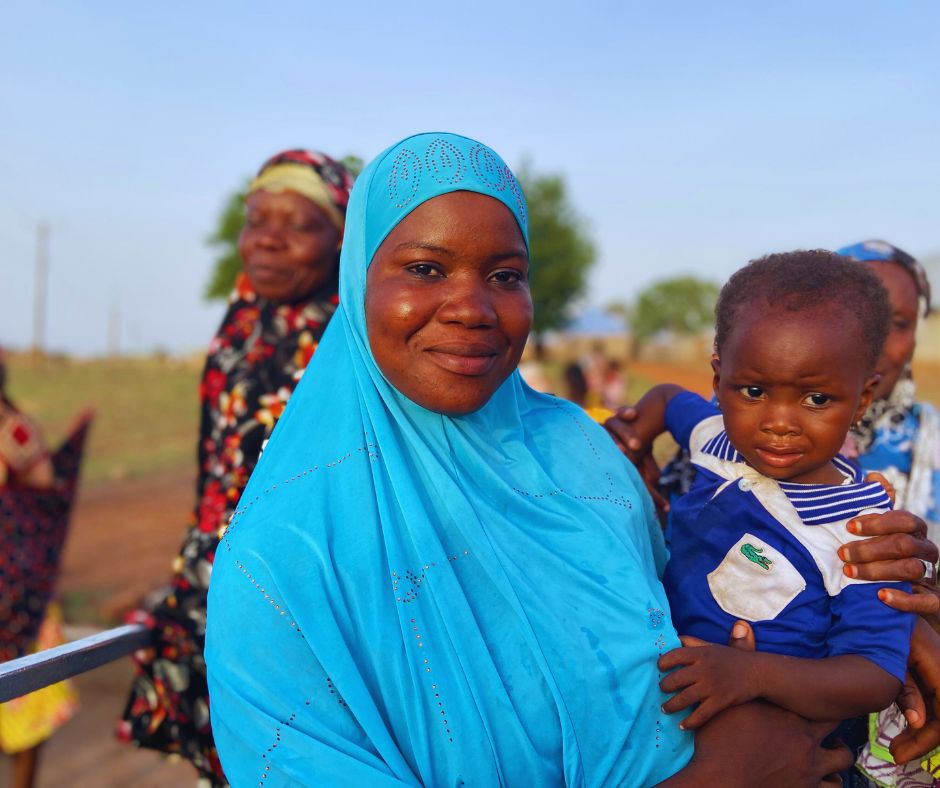Albert had to leave school to help his uncle
In the Bontibor community of Northern Ghana, a man named Divine has trouble walking. He and his nephew, Albert, live far from clean water. In the dry season, they must walk long distances to get water for drinking and cooking. Because of a genetic disability, Divine can’t walk there because of difficulty, so Albert has to help him. Albert has to leave school to help his disabled uncle. He really wants to study, but helping Divine makes it hard for him to attend school.
That’s a crucial aspect highlighted by UNICEF and various organizations working on water accessibility and education in regions like West Africa. When clean water sources are distant or scarce, children, especially girls, are often responsible for collecting water for their families.
However, when clean water becomes more accessible through improved infrastructure or closer water sources, it significantly reduces the time and effort children, particularly girls, spend fetching water. This shift in accessibility allows them to redirect that time toward attending classes, completing homework, and studying.
By relieving children of the burden of long water collection journeys, they gain more opportunities to engage in their education. With increased access to clean water, they can attend school regularly, concentrate on their studies, and participate in extracurricular activities, thereby contributing to improved academic performance and personal development.
Reducing the burden of fetching water benefits education and promotes gender equality by allowing girls equal opportunities for learning and personal growth rather than being primarily responsible for household water chores. It’s a critical step toward empowering these communities’ children, especially girls, to pursue their education and future aspirations.
Kindness and help from others can change and transform lives
Every day, Albert misses his classes to help Divine get water. He feels sad because he can’t go to school like before. The burden of caring for his uncle hides his dreams of learning and becoming educated. But one day, something incredible happens! Working with mutual in-country partners, Water for West Africa helps provide closer access to where Divine and Albert live.
Immediate access means they no longer have to walk
so far to get water. Divine is happy because it’s easier
for him, and Albert feels hopeful again.
It’s a great blessing that Albert can now go back to school! He’s excited to learn again. Divine is relieved because now Albert can study and make his dreams come true. This real story shows how kindness and help from partners and local churches can change and transform lives. It gives hope and improves life for Divine, Albert, and their community.
his is just placeholder text. Don’t be alarmed, this is just here to fill up space.
